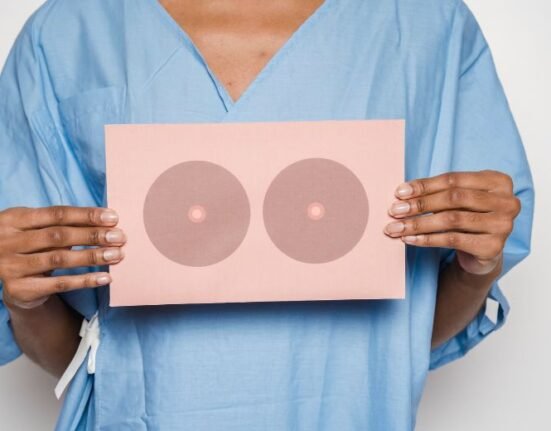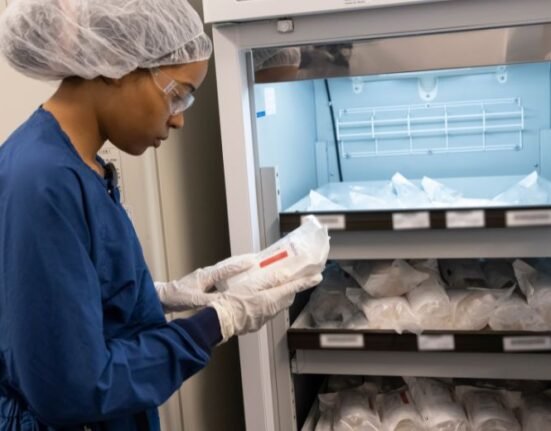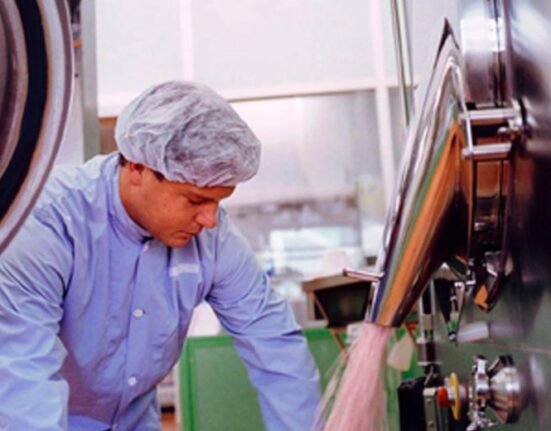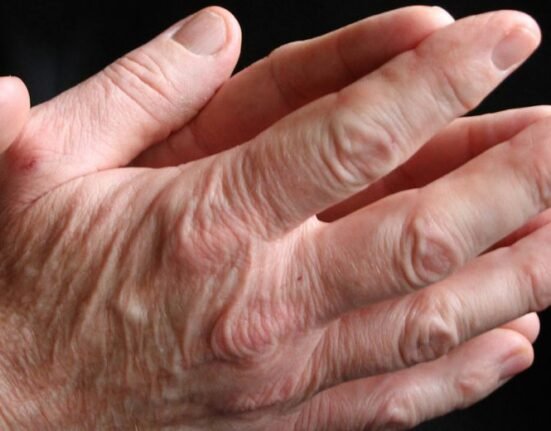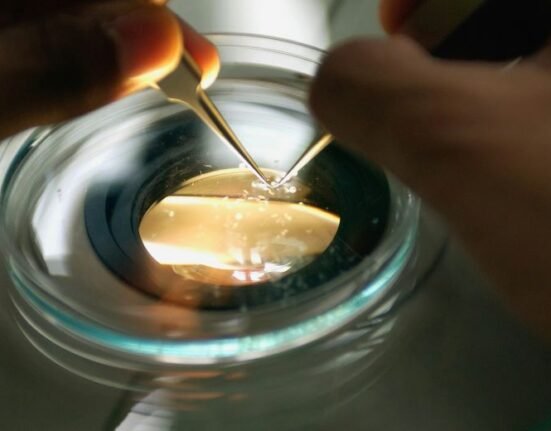HQ Team
March 28, 2023: Novartis AG, the world’s fourth-largest pharmaceutical company by revenue, announced its Kisqali drug reduced breast cancer recurrence when diagnosed at an early stage and has stopped its ongoing trial.
The Swiss multinational based in Basel, Switzerland and Cambridge, Massachusetts, stated its phase III trial evaluating the drug combined with standard endocrine therapy had “positive topline results.”
The independent data monitors of the company recommended stopping the trial early “as the primary endpoint of “invasive, disease-free survival has been met,” according to a company statement.
“While most patients are diagnosed and treated early with the aim to cure breast cancer, the risk of cancer returning, often as metastatic disease, peaks within three years after diagnosis, but never goes away completely,” said Dennis J. Slamon, MD, Director of Clinical Translational Research, University of California, Los Angeles Jonsson Comprehensive Cancer Center.
“There is a critical need for new, well-tolerated options that keep the patient’s cancer-free without disrupting quality of life. The trial, where ribociclib was given for three years plus endocrine therapy, was designed with these unmet needs in mind, and it is extremely encouraging that this study met its primary endpoint,” Salmon, who is also the trial lead investigator, said.
Evaluating long-term
According to the study protocol, patient follow-up will continue to evaluate long-term outcomes, including overall survival. It was tested in both high-risk and intermediate-risk patients.
Shreeram Aradhye, MD, President of Global Drug Development and Chief Medical Officer of Novartis, said the data could be “paradigm-shifting for patients at risk of recurrence,” including those with limited well-tolerated options to prevent a recurrence.
“Our teams are working on submissions to health authorities around the world with the hope to bring Kisqali to many more patients diagnosed with breast cancer.”
About 5,100 adult patients across 20 countries participated in the trial, including patients with tumour stages IIA (select patients), IIB or III.
Recurrence peaks in 3 years
The risk of recurrence peaks within the first three years after initial diagnosis and continues over decades. There are currently no targeted therapeutic options for many of these patients outside of standard chemotherapy and endocrine therapy.
In 2020, there were 2.3 million women diagnosed with breast cancer and 685 000 deaths globally, according to the WHO.
At the end of 2020, there were 7.8 million women alive who were diagnosed with breast cancer in the past five years, making it the world’s most prevalent cancer.
There is more loss of disability-adjusted life years by women to breast cancer globally than any other type of cancer. Breast cancer occurs in every country of the world in women at any age after puberty, but with increasing rates in later life.
Kisqali was developed by the Novartis Institutes for BioMedical Research (NIBR) under a research collaboration with Astex Pharmaceuticals. Sanofi, Eli Lilly and Pfizer are the company’s main competitors in the field.
About 106,000 people of more than 140 nationalities work together on Novartis products.



